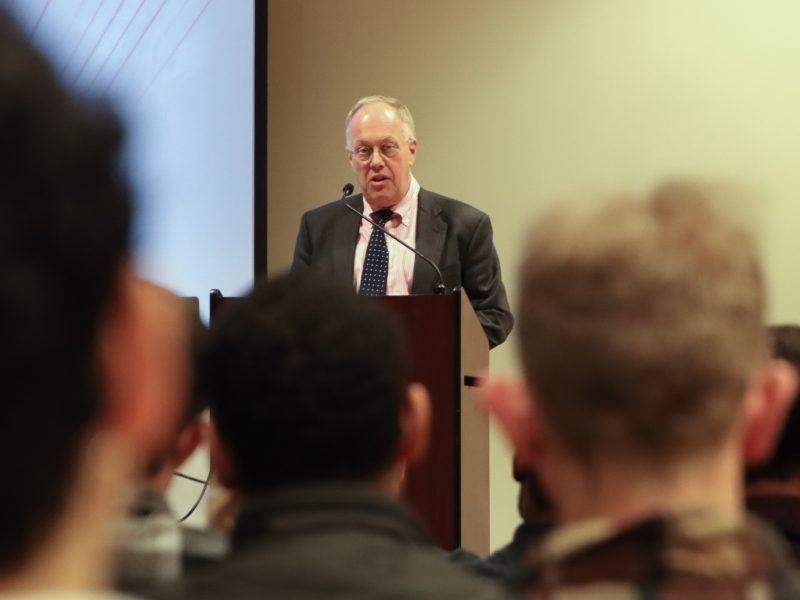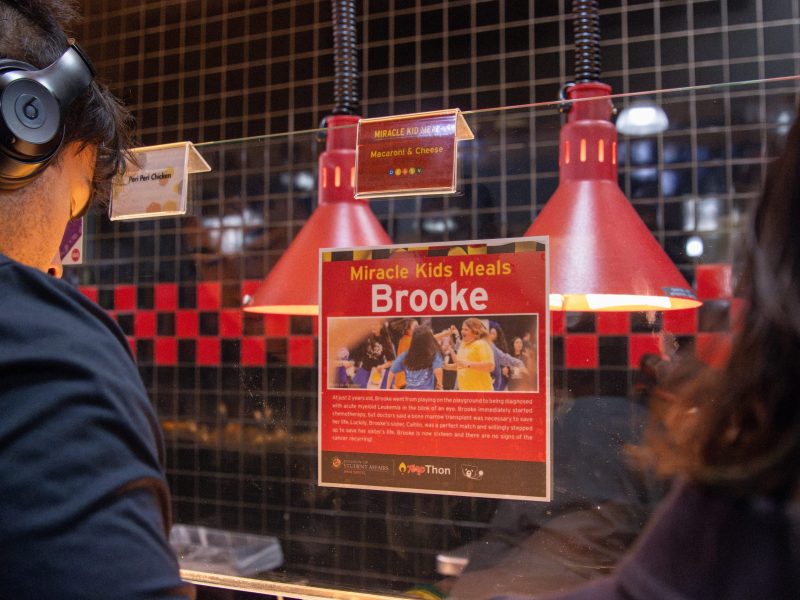University of Maryland mental health experts and student leaders participated in a virtual town hall Thursday, answering questions about how college students can take care of their mental health during the COVID-19 pandemic.
The University of Maryland’s Student Government Association co-sponsored the event, which comes as the pandemic has continued to exacerbate symptoms for students already struggling with mental illness and introduced symptoms for others.
In April, a Gallup poll found that though 68 percent of Americans could tolerate the effects social distancing policies and school closures had on their physical health, less than half were able to say the same about the effects on their mental health.
Panelists and the town hall’s moderator, SGA representative Daniel Oh, pointed to the prevalence of stress and anxiety among students, especially as they attempt to focus on their studies in the middle of a global pandemic and fraught political climate.
“What is needed now more so than ever is an intentional focus on how we can keep self-care related stuff at the forefront of our minds and then actually developing behaviors to be able to then take care of ourselves,” said Chetan Joshi, director of the Counseling Center.
The panelists encouraged students to maintain schedules that included going outside, taking walks, disengaging from the news and connecting to family, friends and mental health services where they’re available.
Sleep, the panelists said, is also critical. Adam Sean Younoszai, the assistant director of behavioral health at the University Health Center, said it’s something he discusses with every one of his patients.
Kelly Sherman, a member of the health center’s Student Health Advisory Committee, and Micah Herman, the president of the student-run Help Center, emphasized students should always prioritize eight hours of sleep.
“I have pulled a few all-nighters,” Sherman said. “[But] the tests that I do the best on, they’re the ones that I got a full night’s sleep before.”
[UMD students to launch anonymous mental health texting service next week]
But even with the advice of performing healthy behaviors, students are still looking to the university for more personal support.
With the campus community spread acros the world due to the pandemic, seeking that support has become even more difficult due to laws that regulate psychiatry, Younoszai said. While the federal government has asked states to relax restrictions when it came to telehealth, psychiatrists still are only licensed to treat patients within the state they’re practicing in — limiting the sort of support they can offer students.
“It’s frustrating,” Younoszai said. “We’re trying to find ways to help out-of-state people find what they need.”
In July, university President Darryll Pines released a list of 12 initiatives, one of which would increase staffing for mental health services on the campus. In September, however, Pines told the SGA in its general body meeting that the university was unlikely to see any new staffing until the spring.
In the meantime, there are 19 counselors and psychologists on staff at the Counseling Center and 14 psychiatrists and therapists on staff at the health center. Sherman said that isn’t enough.
“It just doesn’t fit the demands of, basically, a mini-city,” she said.
[Mental health advocacy groups at UMD are ramping up their efforts to help students]
But as the pandemic has brought about a new focus on mental health, Sherman said education on the issue can prompt the campus community to look out for its members. That can include employees paying attention to signs of mental illness from students or students checking in with each other about their mental health.
Public health school Dean Boris Lushniak reminded attendees that decisions regarding mental health are ones that need to be taken seriously, as the stressors that impact students are likely to continue for many months.
“This pandemic is not over. We are not rounding the curve on this,” Lushniak said. “Chances are, next semester is going to be more like this semester.”
But he offered a silver lining.
“I also have the optimism that the next summer is not going to be like last summer.”



